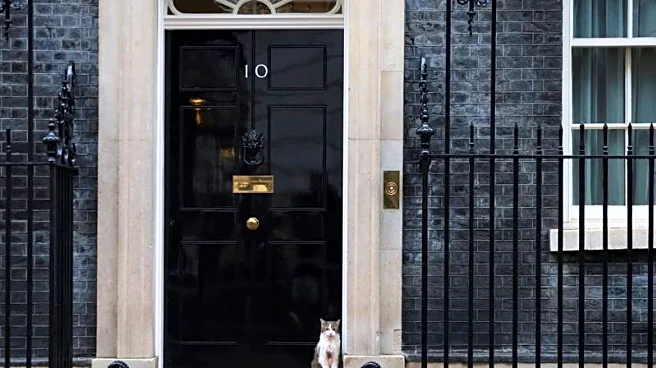Rapid Read • 7 min read
The U.S. Supreme Court has declined to hold Facebook/Meta accountable for allegedly colluding with the government to suppress constitutionally protected speech, particularly during the COVID-19 pandemic. The case, Children’s Health Defense v. Meta, involved claims that Meta acted as a government proxy to censor dissenting views on vaccine policies. The Rutherford Institute, representing the plaintiffs, argued that Meta functioned as a state actor by working with federal officials. The Supreme Court's refusal to hear the case leaves unresolved questions about the role of social media companies in government censorship. Critics warn that this decision could embolden social media platforms to continue acting as government censors, especially during crises.
AD
This development underscores the ongoing tension between free speech rights and the role of social media companies in moderating content. The Supreme Court's decision not to intervene may set a precedent that allows government agencies to indirectly censor speech through private companies, raising significant First Amendment concerns. The case highlights the potential for social media platforms to be used as tools for government censorship, which could have far-reaching implications for public discourse and the dissemination of information. The decision also reflects broader debates about the accountability of tech companies and their influence over public communication.
The case raises ethical and legal questions about the boundaries of corporate and government collaboration in content moderation. It also highlights the challenges of balancing public safety with free speech, particularly in the context of health misinformation. The involvement of social media companies in government censorship efforts could lead to increased scrutiny and calls for regulatory reforms to protect free speech rights. Additionally, the case may influence future legal battles over the role of tech companies in moderating content and their responsibilities as platforms for public discourse.
AD
More Stories You Might Enjoy











